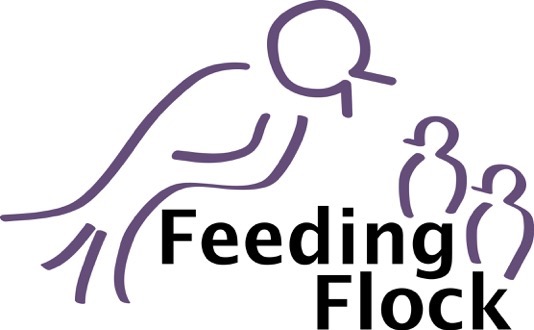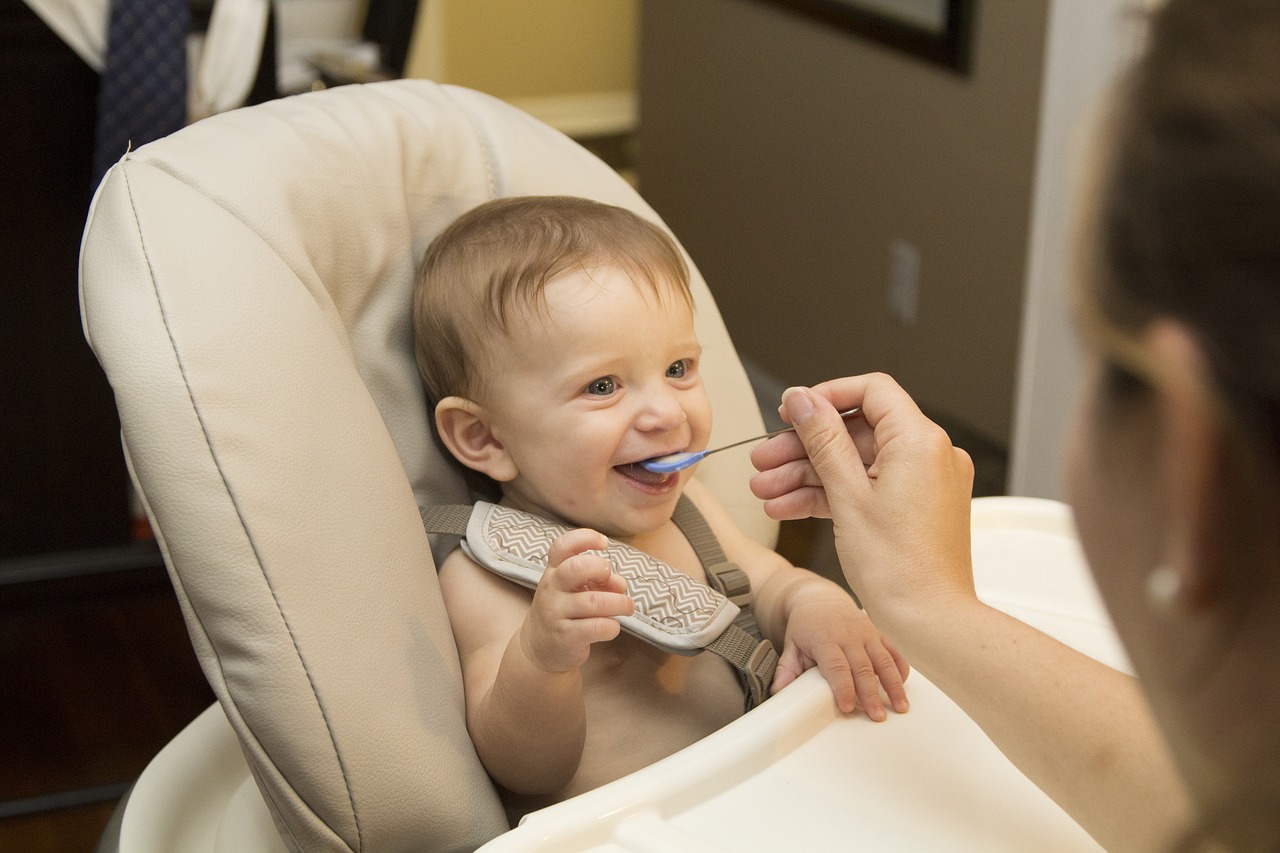
CEU Espresso is an ASHA Approved Provider!! There are two online courses, which qualify for ASHA CEUs “Table Manners – How to Build an Ethical, Collaborative Feeding Team” (Earn .2 Keep Reading >>
Dedicated to up to date pediatric feeding and dysphagia information

Hi, I'm Krisi Brackett, PhD, CCC-SLP,C/NDT. This blog is dedicated to current information on pediatric feeding and swallowing issues. Email me at feedingnewsletter@gmail.com with questions.
Read More About Me Here...

CEU Espresso is an ASHA Approved Provider!! There are two online courses, which qualify for ASHA CEUs “Table Manners – How to Build an Ethical, Collaborative Feeding Team” (Earn .2 Keep Reading >>


Congratulations Feeding Flock! We are excited to share that the Feeding Flock has a couple of recent publications: The Neonatal Eating Assessment Tool: Development and content validation in Keep Reading >>


Over half of American babies are given solids too early By Tim Newman in medicalnewstoday.com A recent study that investigated when infants are first given solid foods has found that more than Keep Reading >>


Adventures in Veggieland by Melanie Potock, MA, CCC-SLP Check out this new and creative book on teaching children to venture in to the world of vegetables. I will confess I got a sneak Keep Reading >>


Why do we use purees in feeding therapy? To improve intake of food with an easy texture. To stimulate midline and lateral tongue movement (pre-exercise for chewing) To introduce new Keep Reading >>


Hello and Happy New Year! I hope everyone is getting off to a great start to their New Year! I want to sincerely thank everyone for their support of this blog. Each year I have doubled or even Keep Reading >>


Differentiating milk allergy (IgE and non-IgE mediated) from lactose intolerance: understanding the underlying mechanisms and presentations by Joanne Walsh, Rosan Meyer, Neil Shah, James Quekett, Keep Reading >>
Autism studies hampered by lack of reliable test for gut problems BY DANIELE FALLIN, CALLIOPE HOLING , original post at spectrumnews.org In his first description of autism in 1943, Leo Kanner Keep Reading >>